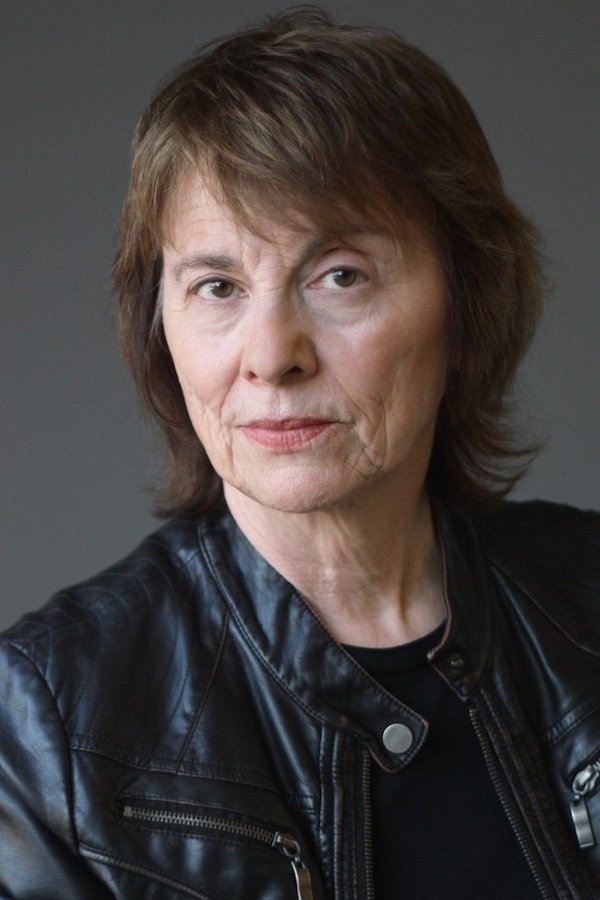
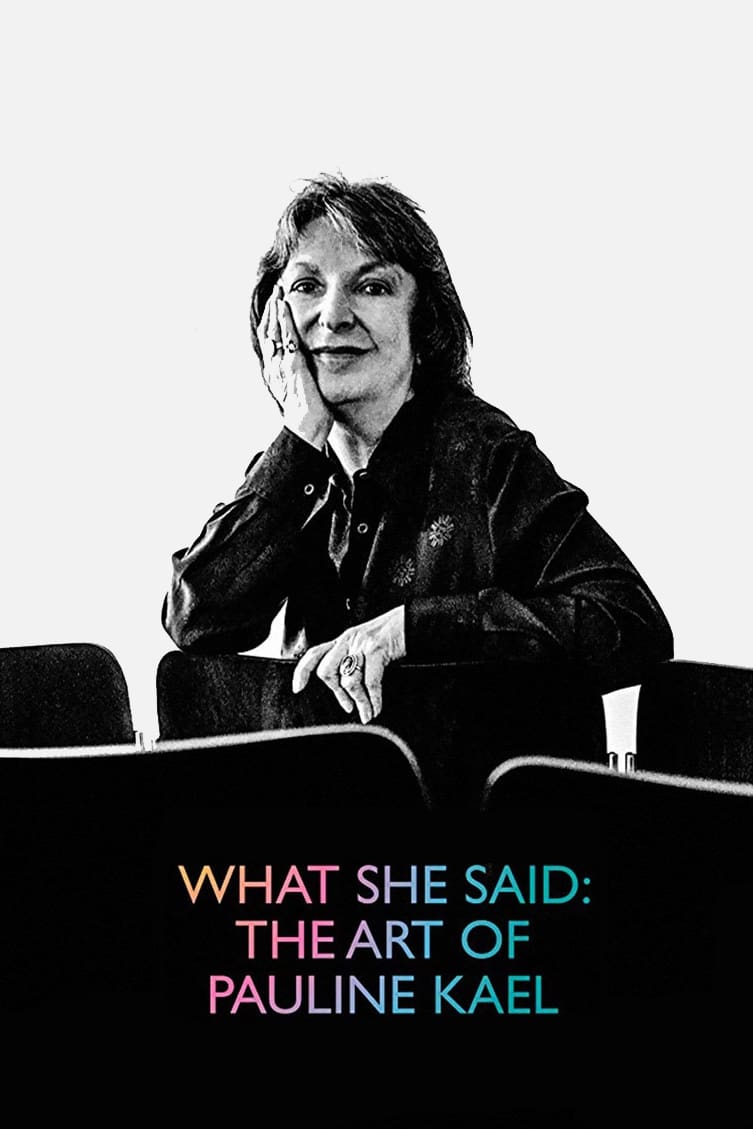
Pauline Kael (1919–2001) was undoubtedly one of the greatest names in film criticism. A Californian native, she wrote her first review in 1953 and joined ‘The New Yorker’ in 1968. Praised for her highly opinionated and feisty writing style and criticised for her subjective and sometimes ruthless reviews, Kael’s writing was refreshingly and intensely rooted in her experience of watching a film as a member of the audience. Loved and hated in equal measure – loved by other critics for whom she was immensely influential, and hated by filmmakers whose films she trashed - Kael destroyed films that have since become classics such as The Sound of Music and raved about others such as Bonnie and Clyde. She was also aware of the perennial difficulties for women working in the movies and in film criticism, and fiercely fought sexism, both in her reviews and in her media appearances.

A profile of the Australian author and academic whose 1970 book "The Female Eunuch" became an international bestseller and an important part of the feminist movement. Featuring previously unseen archive footage.
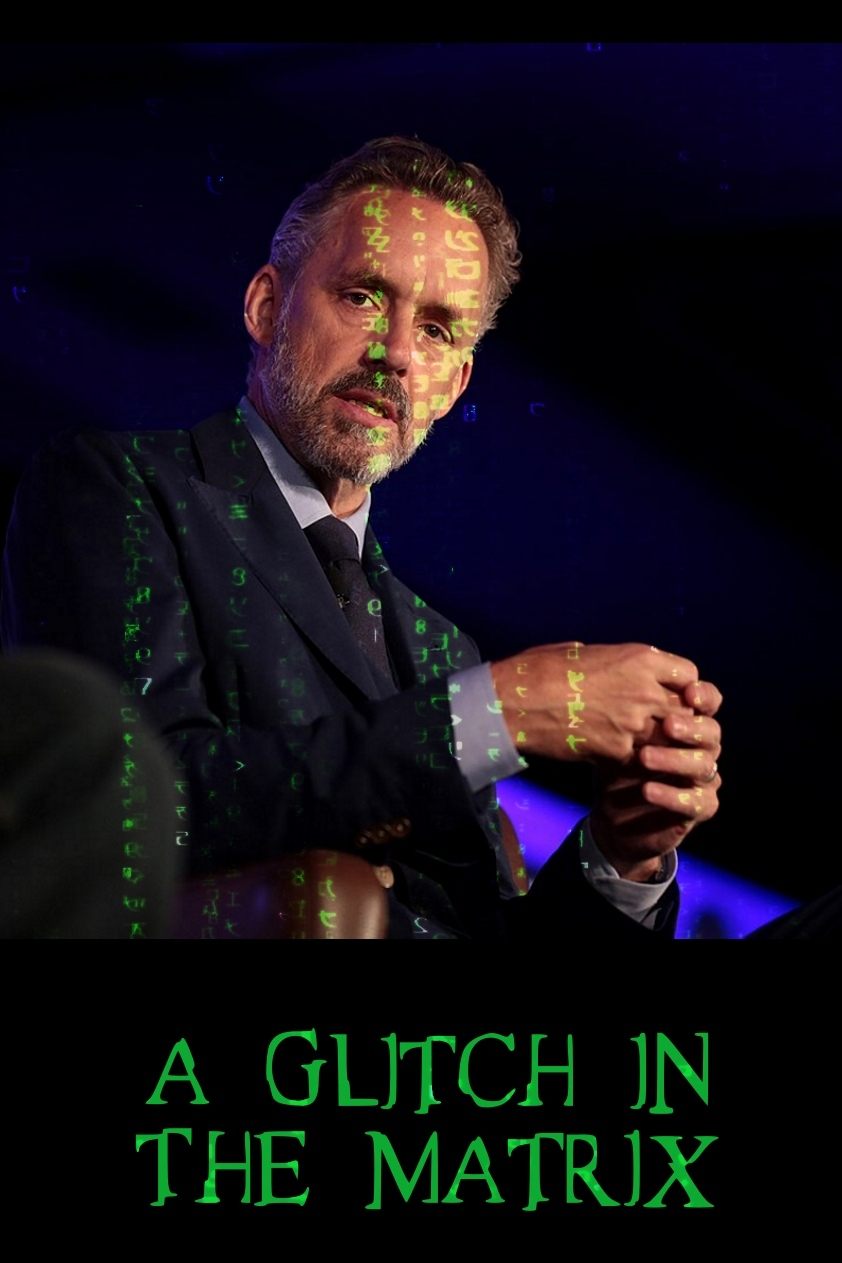
In 'A Glitch in the Matrix', journalist David Fuller analyzes and assesses Dr. Jordan B Peterson's recent viral interview with Cathy Newman, unpacking the deeper political, psychological and archetypal levels of the clash.
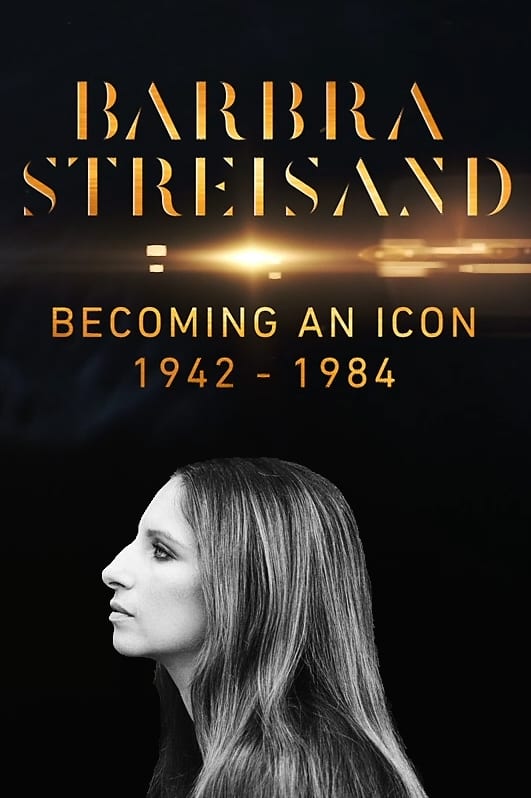
Barbra Streisand grew up in working class Brooklyn, dreaming of escape from her tough childhood. A stellar student, she resisted the pressure to go to college as her sights were firmly set on Broadway. She was determined to become an actress and landed her first role aged 16, but it was two years later, when she started to sing, that her career took off. Subverting stereotypes and breaking glass ceilings, this programme looks at her rise to stardom and the remarkable achievements of her early career.

A look at the forces that shaped Pre-Code Hollywood and brought about the strict enforcement of the Hays Code in 1934.

The special focuses on how Star Wars is relevant today and the history that inspired it, and also makes various connections to Greek mythology. It consists of several interviews with well-known politicians, journalists, and critics, along with historical content and clips from all six of the Star Wars movies.
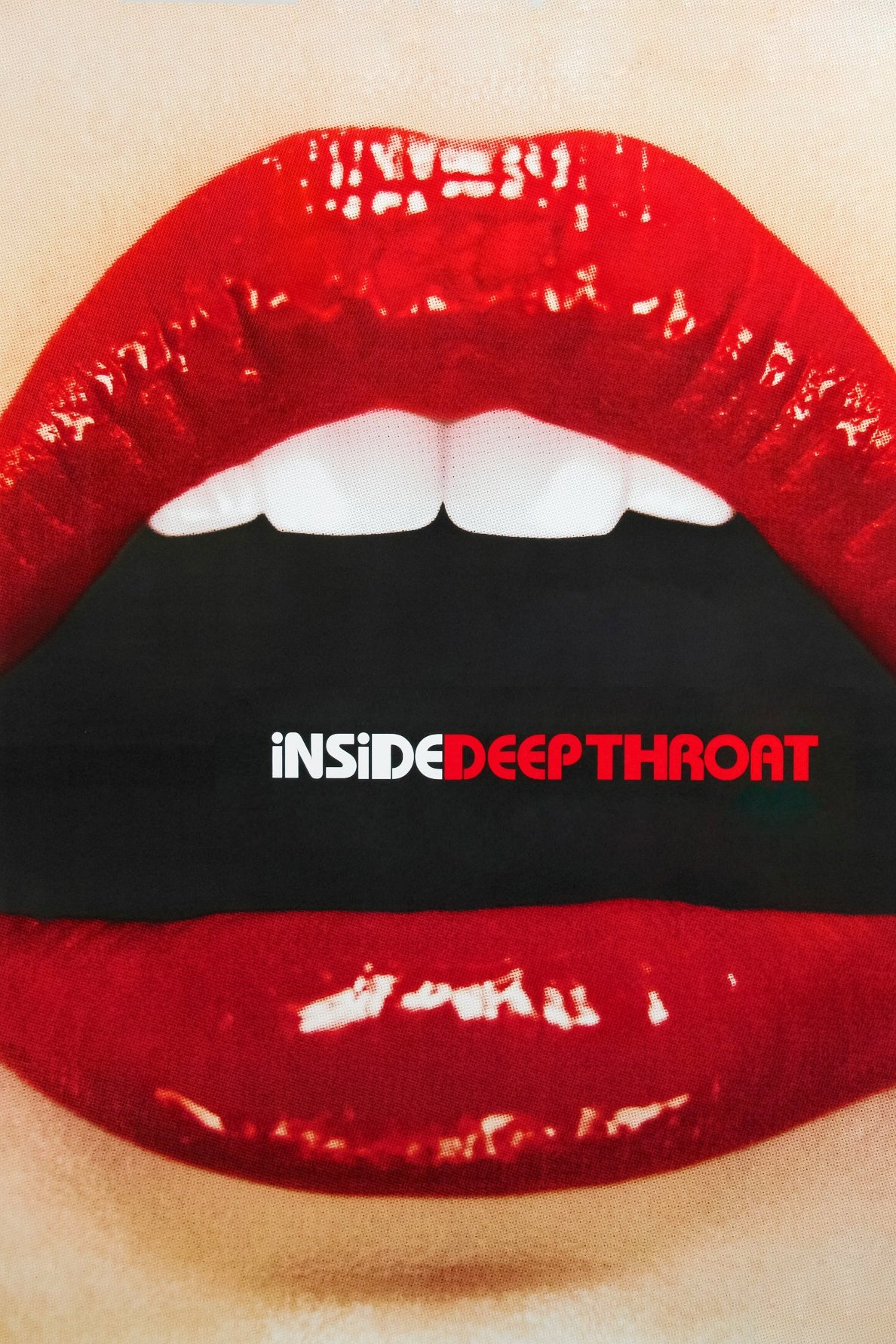
In 1972, a seemingly typical shoestring budget pornographic film was made in a Florida hotel: "Deep Throat," starring Linda Lovelace. This film would surpass the wildest expectation of everyone involved to become one of the most successful independent films of all time. It caught the public imagination which met the spirit of the times, even as the self-appointed guardians of public morality struggled to suppress it, and created, for a brief moment, a possible future where sexuality in film had a bold artistic potential. This film covers the story of the making of this controversial film, its stunning success, its hysterical opposition along with its dark side of mob influence and allegations of the on set mistreatment of the film's star.

This documentary film, with its innovative style and content, looks at the masterpiece that is Ulysses and like the original book takes the form of 18 different episodes. Each of these is designed to have it's own distinctive theme and style. Narrated by Oscar-winning actress Brenda Fricker, with Patrick Bergin as the voice of Joyce, the film shows Ulysses in and imaginative, accessible and original way.
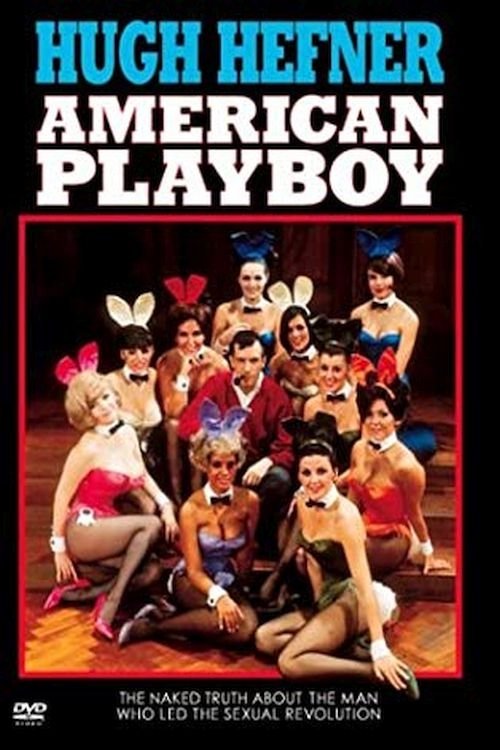
With his magazine Hugh Hefner changed the face of publishing, combining titillation with hard-edged reporting and serving up nudity with taste. His swinging bachelor ways also made him an icon for the straight males for whom his publication was tailor-made. Join Richard Kiley in this documentary about the quintessential ladies' man. Includes footage, photos and interviews with Camille Paglia, Mel Torme, Tony Curtis and more.
Camille Anna Paglia (born April 2, 1947) is an American academic and social critic. Paglia has been a professor at the University of the Arts in Philadelphia, Pennsylvania, since 1984. Paglia is critical of many aspects of modern culture, and is the author of Sexual Personae: Art and Decadence from Nefertiti to Emily Dickinson (1990) and other books. She is a critic of American feminism and of post-structuralism as well as a commentator on multiple aspects of American culture such as its visual art, music, and film history. In 2005, Paglia was ranked No. 20 on a Prospect/Foreign Policy poll of the world's top 100 public intellectuals. From Wikipedia, the free encyclopedia
By browsing this website, you accept our cookies policy.